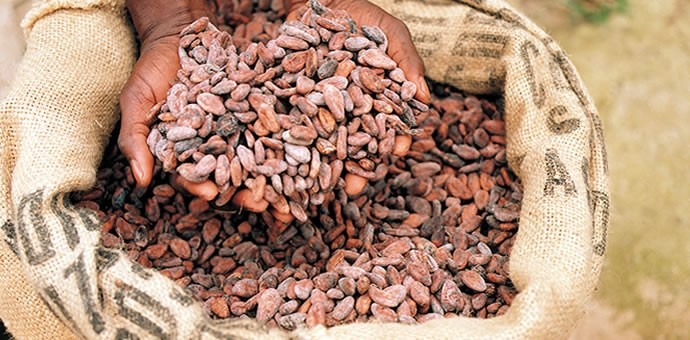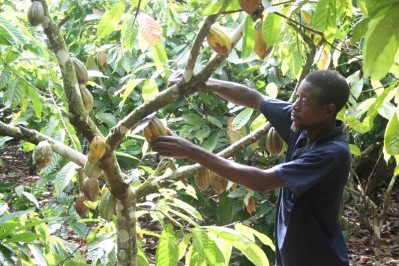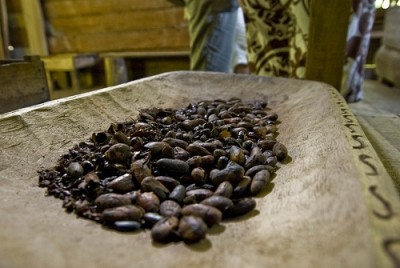Setting certified cocoa goals makes ethical and business sense

Going certified is no silver bullet. Alone, it will not ensure a stable cocoa supply at a reasonable price nor will it even guarantee that a child has not handled the cocoa.
However, If the entire industry were to set deadlines to source only certified cocoa from organisations such as Rainforest Alliance, UTZ or Fairtrade, farmers would be better trained, yields would increase, prices would come down and the next generation of farmers would come to produce higher quality beans.
What’s at stake?
A consecutive deficit in 2012/13 is set to move cocoa prices higher as supply struggles to meet rising demand, according to Rabobank.
Failing to act on a sustainable cocoa supply will lead to further volatility.
Blommer Chocolate’s sustainability head Kip Walk recently told this site that if the industry failed to address cocoa sustainability “you’ll have skyrocketing prices over the next 10 years”, adding that in the longer term the next generation of farmers won’t see cocoa growing as a way forward, leading crops to diminish.
Less than 35% of the world’s cocoa supply is certified, according to European Cocoa Association (ECA) and there is scope for more. Certified cocoa should not be limited to premium ranges.
Some major players, such as Mars and Ferrero have committed to sourcing their entire cocoa supply from certified, sustainable sources by 2020.
Other big guns, like Hershey, Nestle and Kraft have all embarked on sustainability initiatives but have not committed to a deadline for sourcing their entire supply from certified farms.
Certification reduces child labour
Around 1.8m children are currently working on cocoa related activities in Ghana and Côte d’Ivoire. The industry will be complicit in their toils if it fails to act.
If chocolatiers were to commit to sourcing only certified cocoa, it would allow organisations offering certification to up farmer training and educate on child labour to reduce its occurrence.
Certification cannot guarantee no child labour, but checks and balances are in place to limit events.
Marcel Clement from Rainforest Alliance said it was very unlikely that child labour happens on RA farms as they are audited and a farm would no longer be certified if a child was found to work there.
Business sense
Certification is only one component in the push towards sustainable cocoa. But as a Mars spokesperson told this publication, it is “the best tool that the industry has”.
Clement from RA said that certification gives training to farmers that can double or even triple yields. With a greater supply, prices should fall. The next generation of farmers will still see cocoa as livelihood option and the future of the cocoa industry will be one step closer to being secured.
Industry action or inaction on certification
Some confectioners appear more committed to sourcing certified cocoa than others, but there are indications more could be going on behind closed doors.
Clement from Rainforest Alliance said: “Just because it isn’t public doesn’t mean it isn’t happening. Sometimes companies are more committed behind the scenes.”
Mars - Committed to sourcing 100% sustainable cocoa for all products by 2020
Ferrero – as above
Kraft – Its entire Côte-d'Or range will go certified, but it has yet to commit to similar action for its entire chocolate portfolio.
Nestlé – Buys 11% of global cocoa supply. Has developed its own Cocoa Plan and plans to invest CHF 110m over next 10 years
Hershey - Accused of being the industry “bottom feeder” by labour groups. Two lines certified. Looking to see how the consumer responds to these products. Investing $10m over next five years on cocoa sustainability in West Africa.







